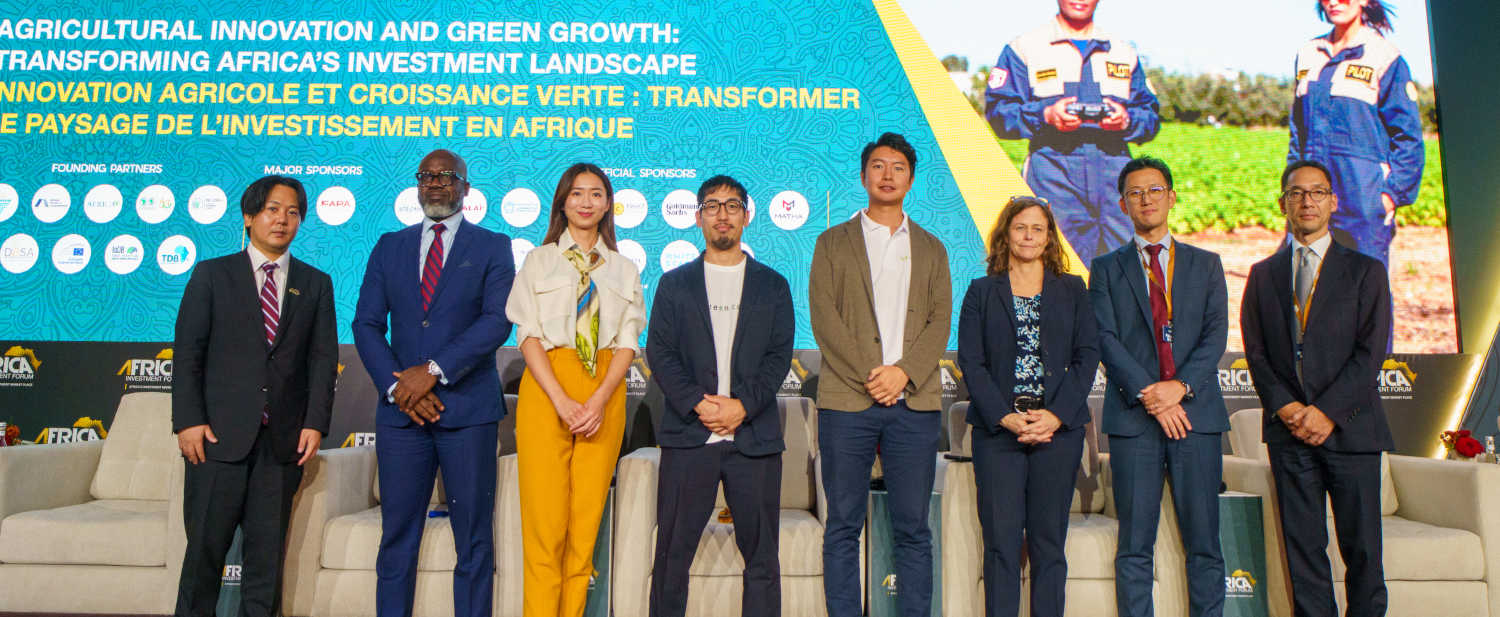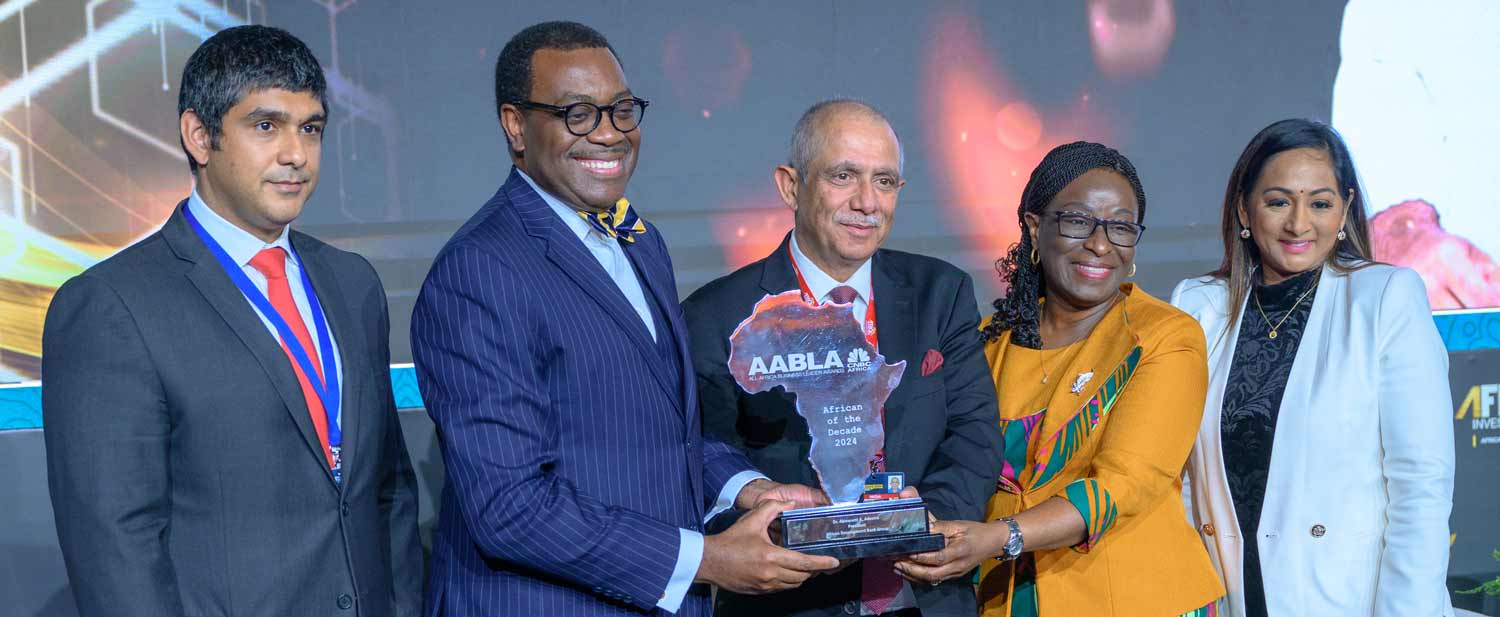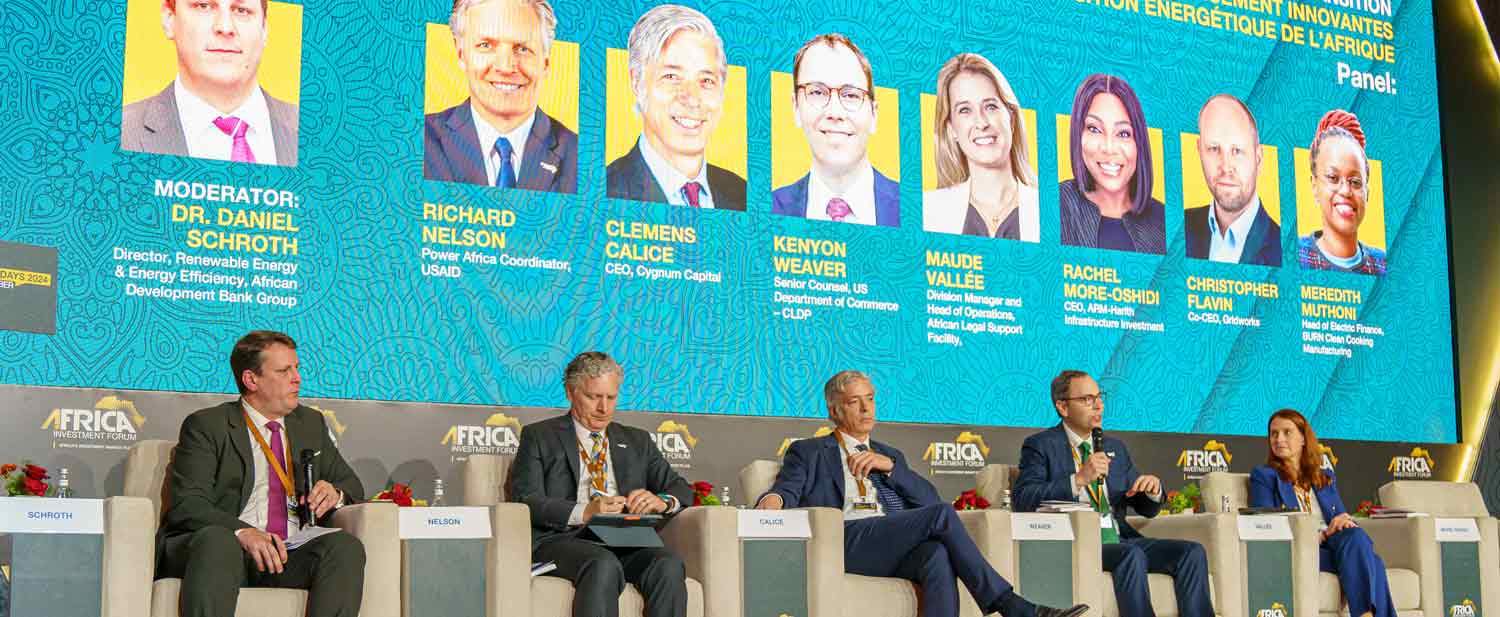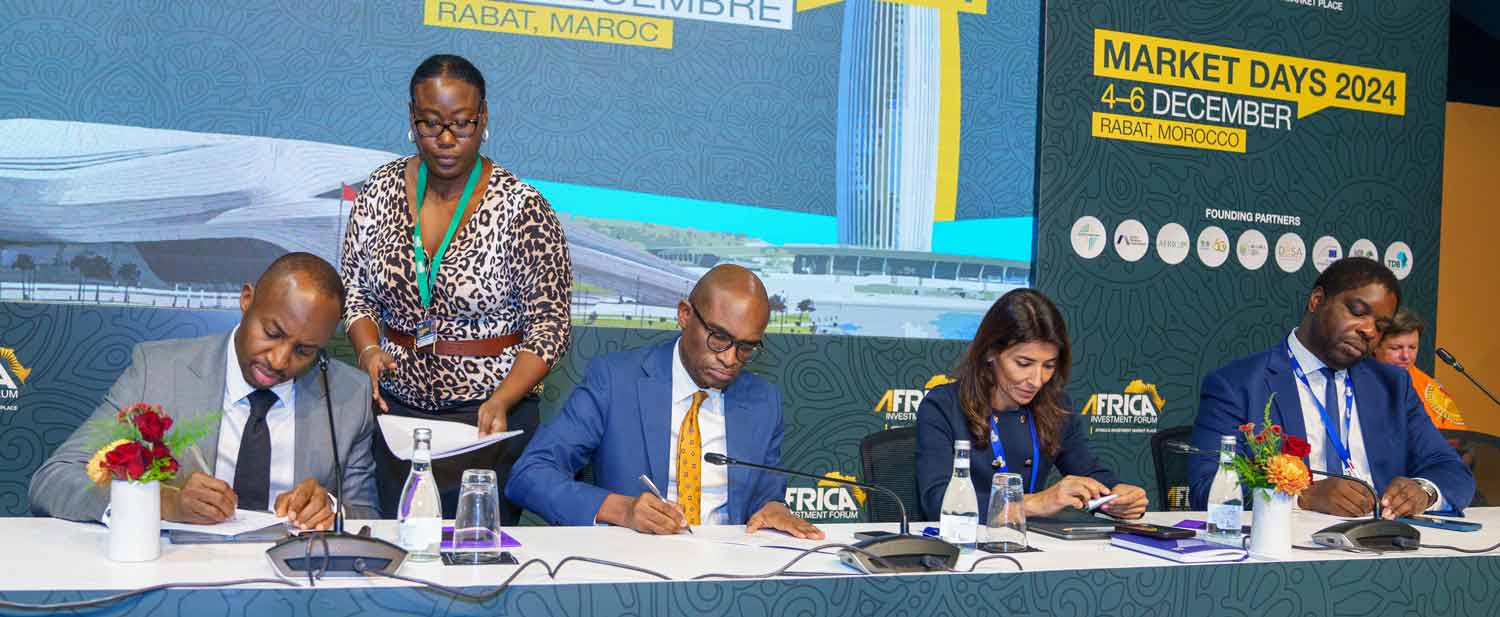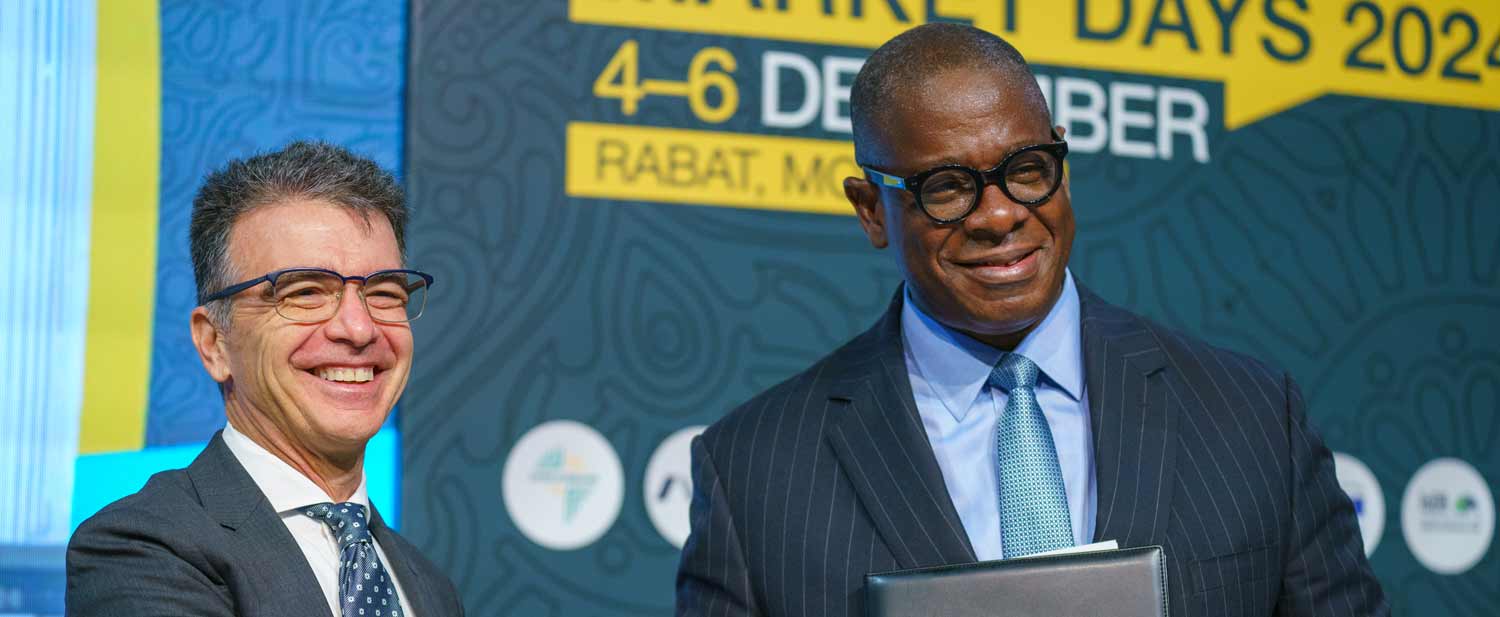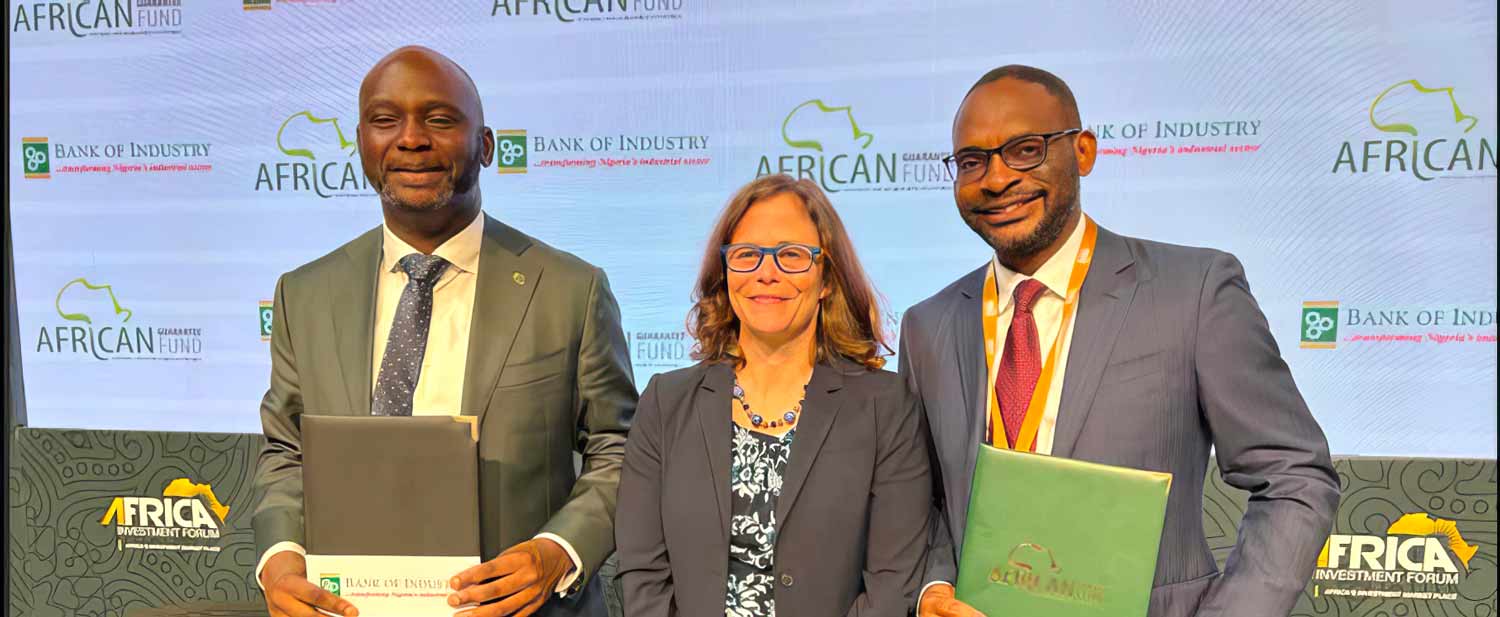“Identify the three main constraints on the private sector in Africa.” This exercise, conducted at a working session of the Africa Investment Forum (AIF) on Monday in Johannesburg, saw some interesting perspectives emerge.
The fifty participants at this session discussed challenges and the transformation needed to shift the investment rules of engagement on the continent.
Solomon Asamoah, CEO of the Ghana Infrastructure Investment Fund, opened the discussion talking about the need to actively listen to investors, giving them the means to visualize the future. Edward Brown, a senior manager at the African Centre for Economic Transformation (ACET), helped identify the various obstacles to investment in Africa.
Participants, drawn from the private sector, governments and international organizations, have similar concerns and issues on the ground, affecting all regions of the continent.
Common stumbling blocks to investment
One of the major concerns is the lack of continuity and consistency in government policy. An example is a ministerial reshuffle, which is a source of potential instability and provides a significant challenge in the business environment. As a result, investors expect turbulence and have reduced trust in contracts. They are unsure whether the contracts, often linked to political leaders in power, may be cancelled at any time.
The establishment of the African Continental Free Trade Area (AfCFTA) has been hailed as an appropriate response to overcome some of these obstacles to investment. Brown made the point that while harmonization to achieve common standards is essential, it’s important for companies in different countries to carefully consider the size of markets and opportunities, in order to achieve economies of scale.
Participants in the session highlighted other areas which need improvement in order to promote investment in Africa. These include constrained access to finance, difficulties related to long-term financing, volatile currency and foreign exchange reserves (losses of up to 20% when converting dollar revenue), bureaucracy, training of labour, and access to electricity.
The outcome of this session will be presented to the G20 Africa Advisory Group and will help draft a report ahead of the G20 Finance Ministers meeting, taking place on 19 November in Berlin.
The objective of the G20 Compact with Africa (CwA) is to increase investment on the continent through substantial improvements in the macroeconomic, trade and financial framework. The African Development Bank, the International Monetary Fund, the World Bank and 12 African countries (Benin, Burkina Faso, Côte d’Ivoire, Egypt, Ethiopia, Ghana, Guinea, Morocco, Rwanda, Senegal, Togo and Tunisia) are all part of this initiative.
The session took place at the 2019 African Investment Forum. The Forum’s inaugural edition was launched in 2018 in partnership with Africa50, Afrexim Bank, the Trade Development Bank, the Development Bank of South Africa, the Islamic Development Bank, the Africa Finance Corporation, the European Investment Bank.
The 2019 Forum runs from 11 to 13 November in Johannesburg, South Africa.

